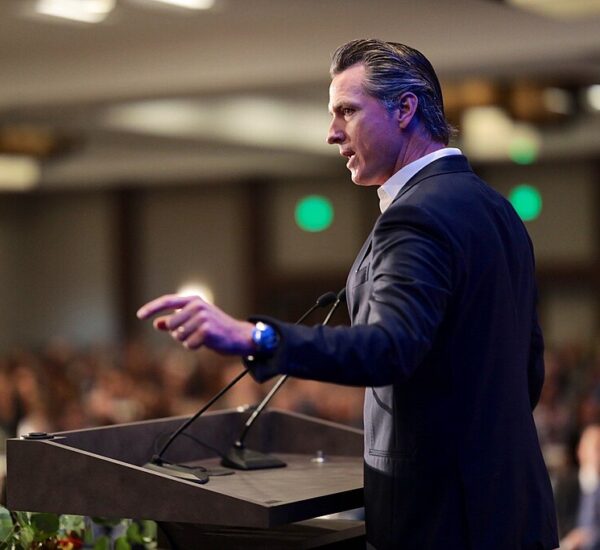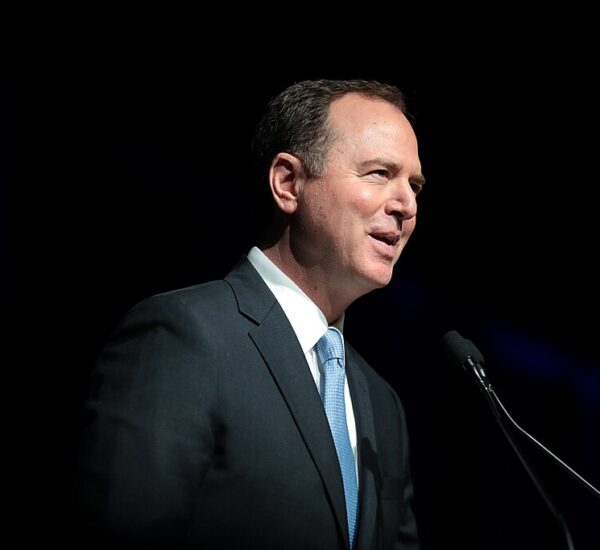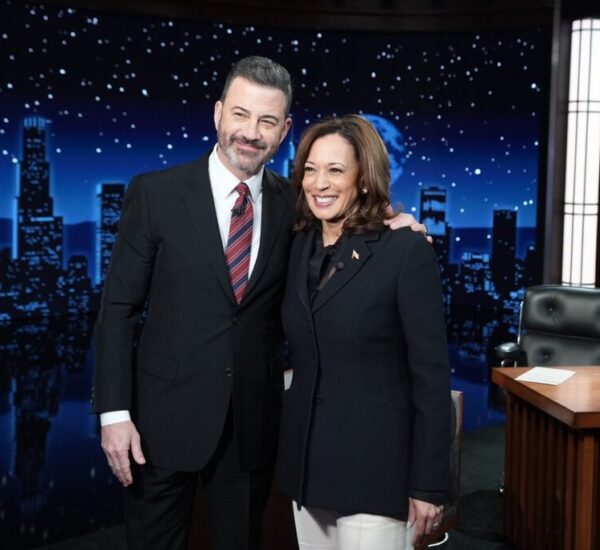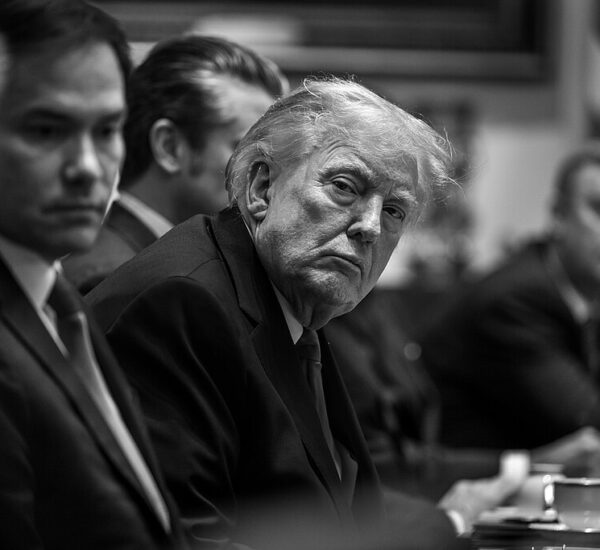Trump Testing His Influence Over The GOP
The influence of President-elect Donald Trump over the House Republican majority will face a critical test this Friday, as Speaker Mike Johnson (R-La.) seeks re-election to the Speakership. Despite Trump’s recent endorsement, calling Johnson a leader who will “do the right thing” and help Republicans “continue to WIN,” the Speaker’s position remains uncertain. Several House Republicans continue to withhold their support, indicating that Trump’s endorsement may not be enough to secure the vote.
Rep. Thomas Massie (R-Ky.), a staunch conservative, has been one of the most vocal critics of Johnson. Massie, who is upset with Johnson’s handling of government funding, Ukraine aid, and other fiscal issues, signaled his decision to vote against Johnson, stating on social media that Trump’s endorsement would have the same effect as his endorsement of Speaker Paul Ryan—a failure. He expressed concerns over Johnson’s collaboration with Democrats on spending bills and Ukraine funding, accusing him of being part of the establishment “swamp.”
While Johnson’s position is shaky, he can afford only one defection from his party in the Speaker’s election, assuming all Republicans are present and voting. With the House’s incoming 215 Democrats poised to vote for Minority Leader Hakeem Jeffries (D-N.Y.), Johnson needs the full backing of his own party to retain the gavel. Some Republicans, including Rep. Andy Biggs (R-Ariz.) and Rep. Victoria Spartz (R-Ind.), have stopped short of openly opposing Johnson but have called for assurances on budget matters and his commitment to conservative principles.
Despite these challenges, Trump’s endorsement has energized some conservatives. Rep. Matt Gaetz (R-Fla.) defended Trump’s decision, comparing it to his earlier successful efforts to rally Republicans behind his agenda. Elon Musk also threw his weight behind Johnson, calling the Speaker a strong conservative ally.
Still, Trump’s influence over the Speaker’s race has not always been decisive. In 2022, his endorsement of Rep. Kevin McCarthy (R-Calif.) failed to secure the necessary votes, leading to 15 rounds of voting before McCarthy finally became Speaker. Similarly, Trump’s initial endorsement of Rep. Jim Jordan (R-Ohio) to replace McCarthy faltered, ultimately leading to Johnson’s selection as the consensus candidate.
As Speaker Johnson works to shore up his support within the party, Trump’s influence will remain crucial. The GOP’s success in the coming years depends on unity, and Johnson’s ability to unite the party, despite opposition from factions like Massie and Biggs, will be vital for the success of the Trump agenda. As the battle over the Speakership continues, it remains to be seen whether Trump’s endorsement can help Johnson secure a stable and unified House Republican leadership.






